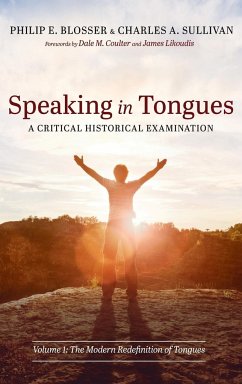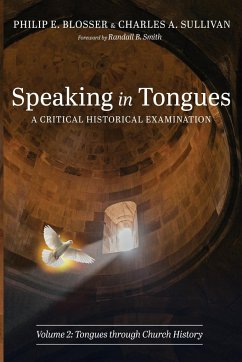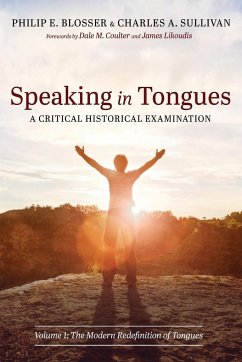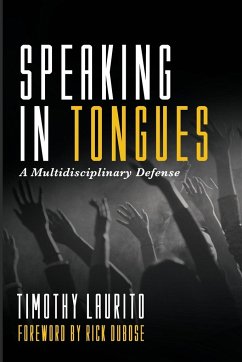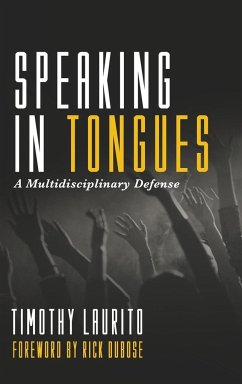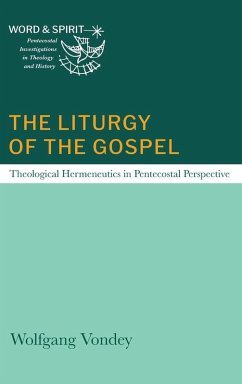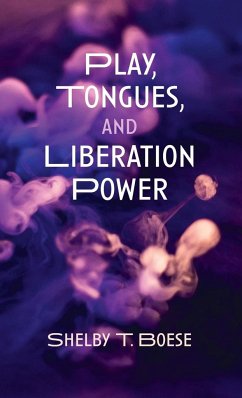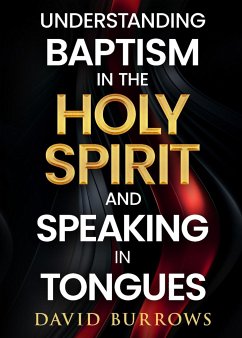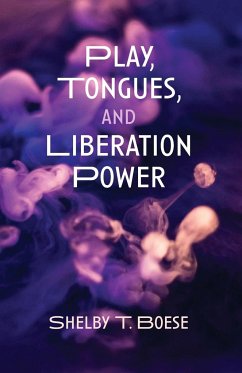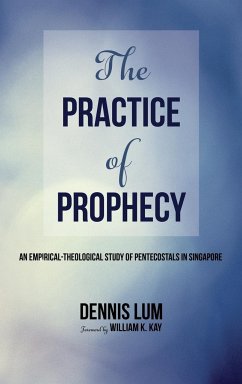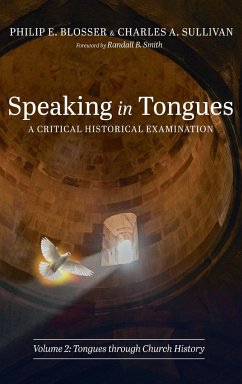
Speaking in Tongues
A Critical Historical Examination, Volume 2
Versandkostenfrei!
Versandfertig in 1-2 Wochen
37,99 €
inkl. MwSt.
Weitere Ausgaben:

PAYBACK Punkte
19 °P sammeln!
In three carefully researched volumes, this ground-breaking study examines the gift of tongues through two thousand years of church history. Starting in the present and working back in time, these volumes consider (1) the modern redefinition of ""tongues"" as a private prayer language; (2) the church's perennial understanding of ""tongues"" as ordinary human languages; and (3) the Corinthian ""tongues,"" which, in light of Jewish liturgical tradition, turn out to have been a Semitic liturgical language requiring bilingual interpreters. This second volume tracks the perception and practice of t...
In three carefully researched volumes, this ground-breaking study examines the gift of tongues through two thousand years of church history. Starting in the present and working back in time, these volumes consider (1) the modern redefinition of ""tongues"" as a private prayer language; (2) the church's perennial understanding of ""tongues"" as ordinary human languages; and (3) the Corinthian ""tongues,"" which, in light of Jewish liturgical tradition, turn out to have been a Semitic liturgical language requiring bilingual interpreters. This second volume tracks the perception and practice of tongues back through the first eighteen hundred years of church history, demonstrating that ""tongue-speaking"" was always active but puzzlingly different from today's glossolalia. From Pope Benedict XIV's detailed treatise in the 1700s, it works back through long-forgotten scholastic and patristic debates to the earliest Christian writers such as Irenaeus. No other resource on the subject approaches the depth and scope of the present volume.





